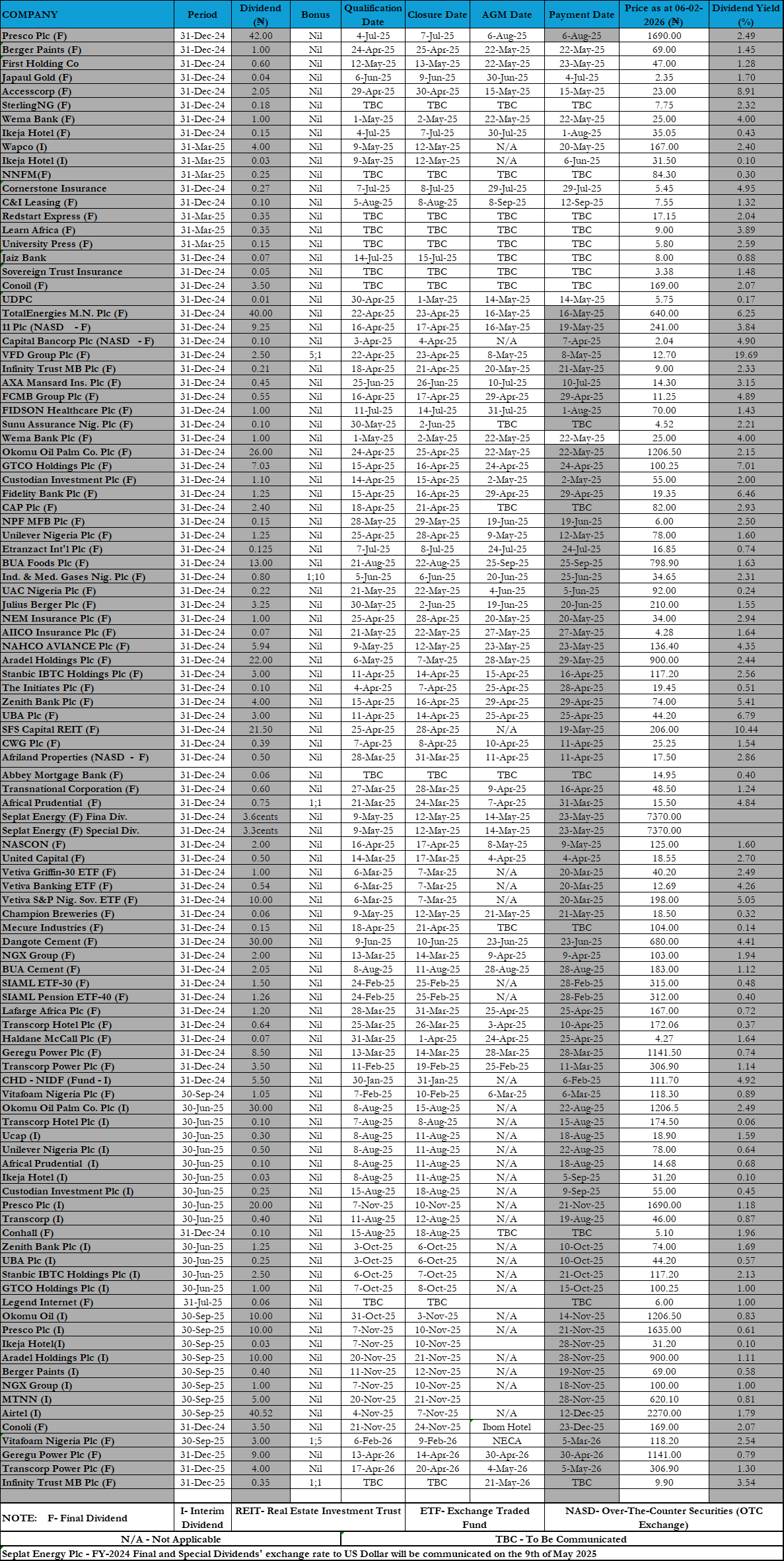
If you’re just starting out, then the stock market probably seems like an alien world, filled with confusing and often contradictory information.
Beginners are especially vulnerable because they don’t know the rules of the market, they don’t know how it works or why it works the way it does. The terminologies are baffling and the choices, too many.
Here are 8 important tips to help you get started
You need to have the proper tools, skills, and knowledge in place BEFORE ever buying a stock:
1. Tools: You will need a computer with access to the Internet as most people today trade or invest via an on-line broker. The fees are much lower and you usually get a better “execution” order price on your purchase. You will also need a charting software programme to study stock charts. It is no longer enough to follow fundamentals. You need both fundamental and technical analysis to succeed in today’s stock market.
So, the tools you need are: a computer, an on-line broker, and a charting programme.
2. Skills: You will need to learn how to read charts. This is essential to all kinds of investing and trading. The easiest to read are called “candlestick” as they show price fluctuations in a graphic format. You need to learn market terminologies and how orders are processed. You also must be able to assess your risk for each stock purchased.
In other words, you need to acquire the skills to use the on-line broker correctly, and how to use the computer charting programme for analysis and for finding stocks quickly.
3. Knowledge: Most beginners in a hurry to buy the first stock someone recommends or the first one they hear ‘recommended’ on TV which is the worst way to buy a stock and almost always will result in either a loss or a very disappointing return on your investment. That is because the market is dominated by the “institutional investor” who buys huge share lots and frequently sells whenever there is news on a stock, taking profits. Before you buy any stock, you need to get to know that stock by studying its chart, and doing what is called “technical analysis.” You must also get to know the company by studying or researching its key fundamentals.
4. Once you have acquired the skills and tools, you need to decide whether to invest long-term, trade for short-term income, or both. The new tax laws recognizes an individual trader as a person doing business trading stocks for profit. This makes the profits from your trading ordinary business income rather than capital gains and they are taxed accordingly.
5. Short-term trading has grown in popularity in the past few years because it is a new way ordinary people can make income from the stock market. You can be a part-time trader or make it a career. But to do so, you must have the knowledge and skills necessary to succeed and you must be willing to practice until you are consistently successful, before ever venturing into trading a stock. There is no fast road to success. If you want to be a trader you must learn the “trade” and practice, just as any professional does. A doctor goes to school, learns, and then has an internship. And so must anyone starting out as a trader.
6. Long-term investors need to learn about any New Technology coming to market which would create the next great bull market of the coming decades. They need to become intimately familiar with these small companies long before they grow into big companies with “name brand” recognising that everyone wants to own same. The greatest gains made from any stock are made by those who recognize the evolving leaders early and take position when the stock is still low in price. Long term investors must accept that there is no one perfect stock that will make them wealthy, but rather, there are many stocks to consider and it will take several hours each month to study, research, and find those great stocks among the thousands in the marketplace. The more time a long-term investor puts into this study, the greater his/her success in the stock market.
7. Beginners must also learn: how to select the correct broker, how to protect profits with “stop losses,” and how to protect profits with a “trailing profit stop.” Stop losses are a trader’s best friend and protect from catastrophic losses.
8. There is no magic to stock investing or trading, there is no “instant” wealth. There is no “get rich quick scheme” that works. Trading Systems that sound too good to be true usually are. If you want to be successful in the stock market, do not chase fads, or gimmicks, instead adopt an approach that you are going to learn all you can before you begin. Take small steps and learn as you go, building upon your successes and recognizing your mistakes so that you do not repeat them. If you do, then you are likely to have a long, happy and successful career investing or trading the stock market.
MR. OMORDION AMBROSE
CHIEF OPERATING OFFICER
INVESTDATA CONSULTING LIMITED
ambrose consultants@yahoo.com
TEL:01-4724645, 08028164085, 07028061501












